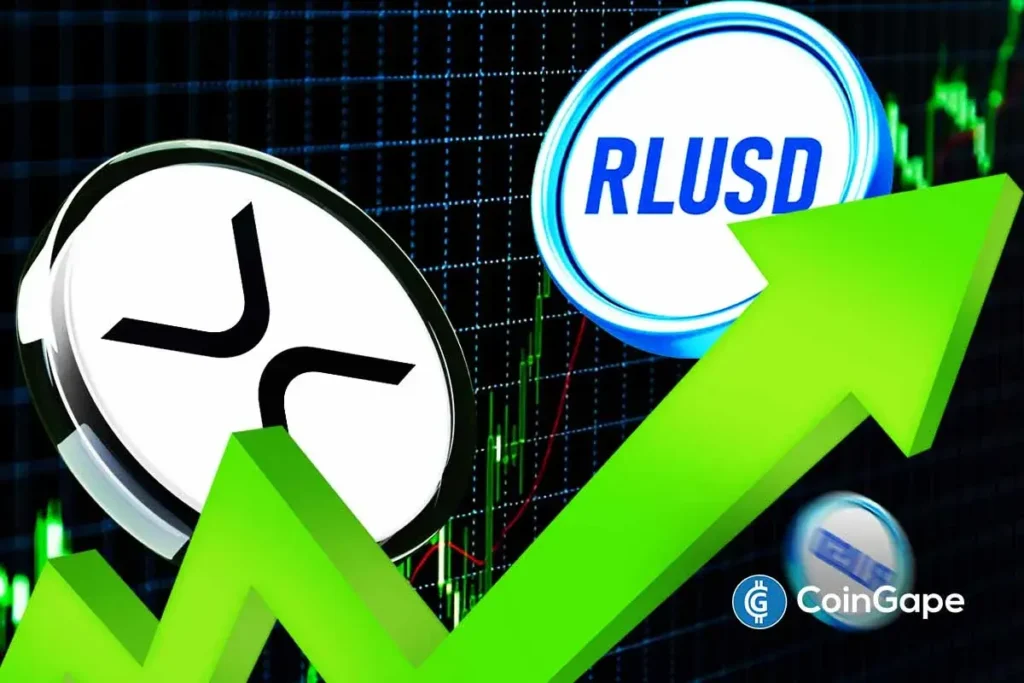Ripple’s Institutional DeFi Strategy: A Closer Look at Stablecoins and Tokenized Assets
Ripple is revolutionizing the landscape of decentralized finance (DeFi), positioning stablecoins and tokenized real-world assets (RWAs) as pivotal elements of its institutional strategy. Within the XRP Ledger (XRPL), a groundbreaking milestone has been achieved: stablecoin transaction volume surpassed $1 billion in a single month. Furthermore, XRPL has emerged as one of the top ten blockchains for RWA activities, underscoring its critical role in the growing adoption of digital finance by institutions.
A Robust Roadmap for the Future
Ripple’s strategic roadmap emphasizes that tokenized assets and stablecoins are no longer just experimental technologies but are evolving into foundational solutions for banks, asset managers, and fintech firms. Ripple aims to establish the XRPL as the premier settlement layer for issuing, trading, and managing these financial products at scale. An upcoming highlight of this initiative is the integration of a native lending protocol with the anticipated XRPL version 3.0.0. This protocol will facilitate pooled lending and underwritten credit directly on the ledger, enabling institutions to access low-cost loans in alignment with regulatory requirements.
Enhancing Compliance and Security
A significant component of Ripple’s strategy is focused on compliance tools that bolster security within its platform. Ripple has developed a feature called Credentials, which connects to decentralized identifiers, enabling verified issuers to authenticate their KYC status. This is critical in maintaining compliance while facilitating transactions. Additionally, the introduction of the Deep Freeze tool allows issuers to halt transactions on flagged accounts, ensuring operational integrity and adherence to regulations. Other features, such as Token Escrow and Permissioned Decentralized Exchanges (DEXs), provide enhanced control mechanisms without compromising the decentralized structure of the XRPL.
Privacy Innovations with Zero-Knowledge Proofs
Privacy remains a prominent area of focus for Ripple, as the firm is actively developing zero-knowledge proofs (ZKP). This technology aims to offer confidentiality in transactions while still ensuring that regulatory compliance is met. A significant advancement in this area is the development of Multi-Purpose Tokens (MPTs), which facilitate the private trading of assets without complex smart contracts. These MPTs can represent various financial instruments, such as bonds and structured products, making them highly appealing within the institutional market.
Real-World Adoption through Strategic Partnerships
Ripple’s roadmap also highlights a commitment to expanding the use of tokenized assets within established markets. For instance, Ripple’s decision to extend RLUSD into Aave’s Horizon RWA market signifies the growing traction of tokenized assets in regulated settings. This kind of strategic partnership illustrates Ripple’s commitment to bridging the gap between blockchain technology and conventional finance, enhancing trust among banks and asset managers.
Advanced Tools to Keep Costs Low
In addition to focused innovations, Ripple is introducing various tools aimed at optimizing the XRPL. Features such as transaction batching, permission delegation, and other extensions are designed to maintain low fees and accelerate settlement processes. The inclusion of an Ethereum Virtual Machine (EVM) sidechain allows developers increased flexibility, as it supports Solidity and the liquidity offered by XRPL. This positions Ripple favorably for future collaborations and integrations within the DeFi ecosystem.
The Future of Blockchain in Institutional Finance
As Ripple continues to evolve its institutional DeFi strategy, the vision is clear: to create an ecosystem where banks and asset managers can fully trust blockchain technology for payments, loans, and asset trading. With its focus on compliance, security, and innovation, Ripple is not just participating in the DeFi revolution; it is laying the groundwork for the financial systems of tomorrow. As the adoption of stablecoins and tokenized assets grows, Ripple’s role will become increasingly vital in shaping the future of institutional finance.


